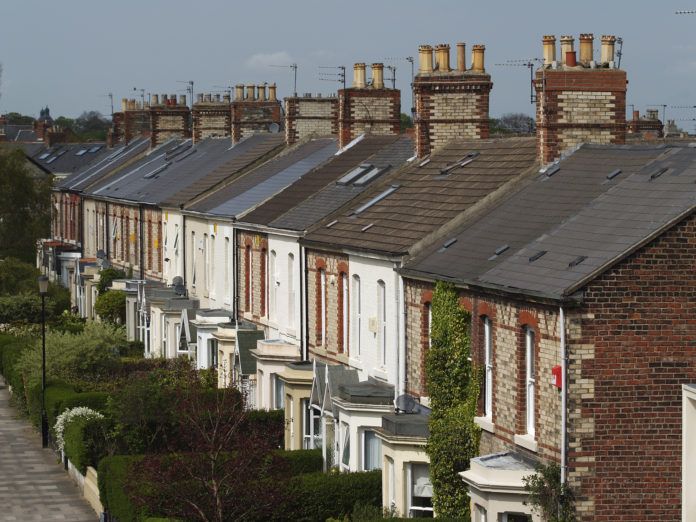The government is failing to decarbonise the UK’s housing stock, accounting for 20% of carbon emissions, which will hinder its Net Zero goals unless urgent action is taken, the Environmental Audit Committee (EAC) has warned.
The EAC’s latest report, Energy Efficiency of Existing Homes, the Environmental Audit Committee states that the government’s target to be net zero carbon by 2050 will hit a roadblock unless urgent action is taken to improve energy efficiency of homes this decade.
The government appears to have underestimated the costs to decarbonise UK homes by 2050, at between £35 billion and £65 billion. However, this does not include properties, such as those with solid walls, or those in conservation areas, which could make energy efficiency installations more challenging.
Nineteen million UK properties need energy efficiency upgrades to meet EPC band C, and the EAC heard in evidence that it can cost on average £18,000 (before a heat pump installation).
The EAC is concerned that the government has announced just over £4 billion of the £9.2 billion committed to in the 2019 manifesto for energy efficiency measures. To stimulate activity, schemes such as the Home Upgrade Grants, the Social Housing Decarbonisation Fund, and phase two of the Green Homes Grant Local Authority Delivery Scheme, should be front-loaded and rolled out without delay.
The lack of government investment and signals to the energy efficiency sector is doing little to incentivise businesses to upskill engineers and installers. Meanwhile, poorly designed schemes being rolled-out are failing to make an impact, such as the Green Homes Grant, which has been laden with lengthy bureaucracy, which bizarrely has led to reports of businesses laying off staff to cover loss of income rather than creating green jobs as heralded.
Thoughts from the Federation of Master Builders…
The Federation of Master Builders (FMB) says the government must accelerate its plans to green the nation’s homes or risk missing its net zero carbon emissions target.
Brian Berry, chief executive of the FMB, said: “A long-term National Retrofit Strategy, underpinned by a skills plan and fiscal incentives that build supply and demand for home retrofits, must be a government priority ahead of COP26.
“If we are to lead the world in tackling climate change, then the government must act now to mobilise a market that has historically failed and will continue to do so if we rely on flash-in-the-pan schemes. The FMB welcomes the EAC’s report on energy efficiency, and we urge the government to adopt its recommendations in full.”
Brian concluded: “Local builders must be at the heart of plans to green our homes, and a National Retrofit Strategy would provide them with the confidence they need to invest in the necessary skills and training requirements. Cutting VAT on home improvement projects, combined with financial solutions like green mortgages, would help make green home upgrades a reality for more households.”




